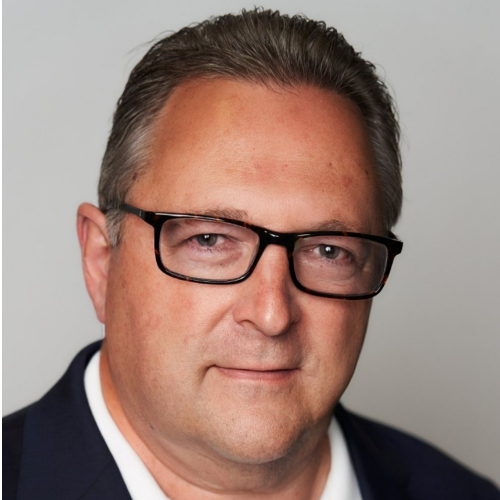MARTINEZ, Calif.– Investigators today announced the first patient enrollment in the Blood Purification for the Treatment of Pathogen Associated Shock (PURIFY-RCT) trial. PURIFY-RCT is a prospective interventional multicenter randomized controlled trial, sponsored by the Department of Defense in collaboration with the Henry M. Jackson Foundation and the Uniformed Services University of Health Sciences to evaluate the safety and efficacy of the Seraph® 100 Microbind® Affinity Blood Filter.
“With this study, we are determining if this therapy improves clinically relevant outcomes while showing no evidence of harm in a randomized controlled trial design. It is the first step towards applying the most rigorous scientific standard in an effort to definitively determine if this therapy should be included in the management of sepsis,” said Kevin Chung, MD, who is the principal investigator leading the PURIFY-RCT trial.
“The science of sepsis source control with Seraph is sound. Now we are rigorously testing whether Seraph plus cutting-edge sepsis care will save lives in the hospital. I am grateful to our first patient and their family for their contributions to the PURIFY-RCT study and the world’s knowledge of sepsis care,” said Critical Care Medical Director Brian Delmonaco, MD, at Good Samaritan Regional Medical Center in Corvallis, Ore., and first enrolling physician.
The clinical trial will be conducted across approximately 10 centers in the United States, targeting improvements in both clinical outcome and health economic endpoints.
“This sepsis trial serves as both landmark clinical proof point and investigational device exemption (IDE) trial required for FDA clearance to treat a broad spectrum of critically ill patients suffering from pathogen associated shock,” said ExThera Medical CEO Robert Ward.
The study is expected to randomize approximately 60 patients over a 12-month timeframe, with preliminary results expected in early 2023.


